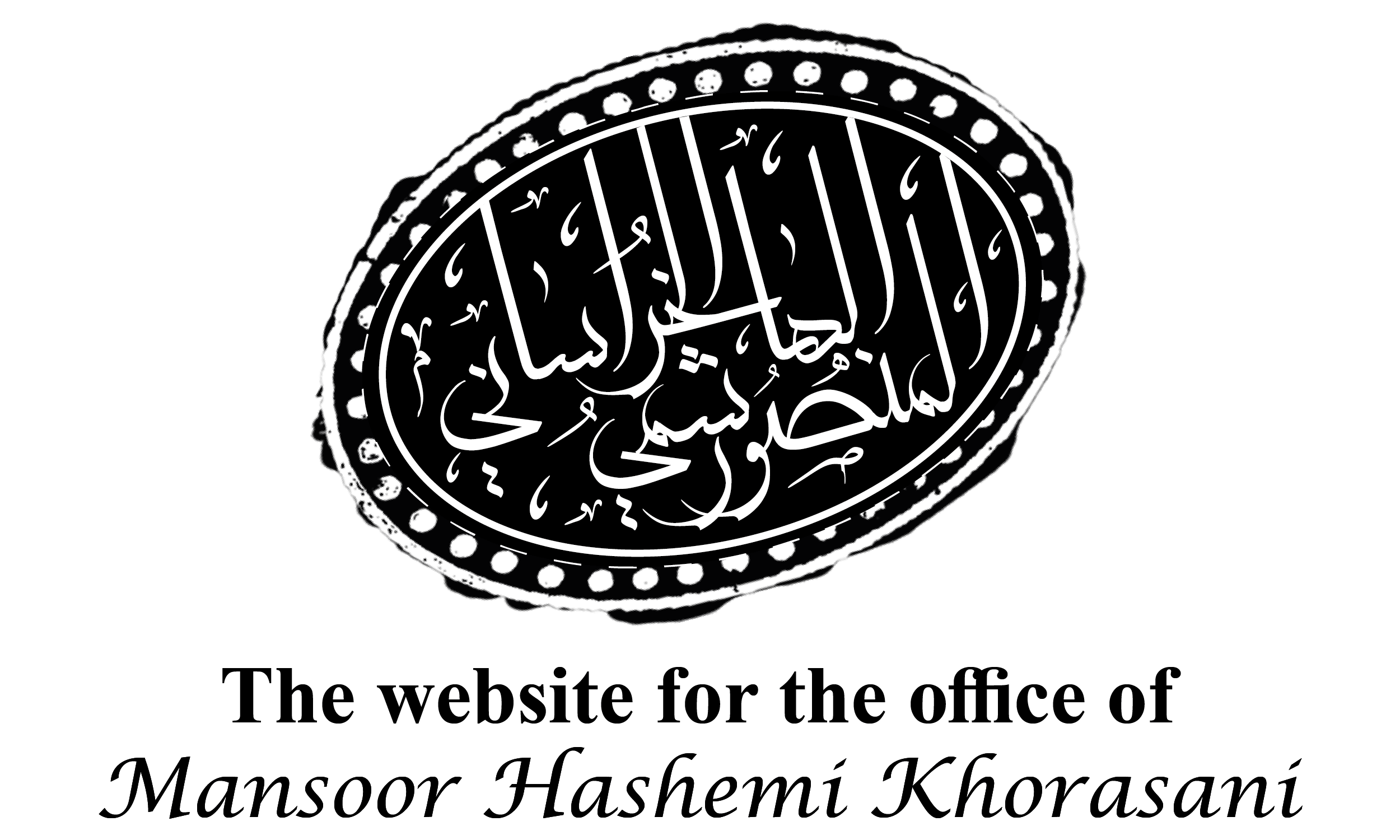| Author: Hamed Sotudeh | Date: 2015-12-11 |
If one is left between not knowing and not practicing, which one will have less consequences for him in the world and the hereafter? That is, which one is more excused in the opinion of God: one who has sought knowledge and does not practice it, or one who has the capability to acquire knowledge but does not seek awareness for fear of not practicing?
| Answer to question: 3 | Date: 2015-12-18 |
Not practicing knowledge is one sin, but not acquiring knowledge is two sins; because the duty of human is both acquiring knowledge and practicing it, and with this description, the one who acquires knowledge but does not practice it, does one of his two duties and leaves the other, and the one who intentionally and for avoidance of responsibility neglects to acquire knowledge, does not fulfill either of his two duties, and accordingly is more sinful. It is hereby understood that the ignorant at-fault has no advantage over the knowledgeable who does not practice, rather he is more miserable and harmed than him, and none of them has an excuse before God.
Yes, if an ignorant on earth is not at-fault in acquiring knowledge, in the sense that due to intellectual deficiency or physical weakness or captivity in the prison of oppressors or living in a remote and impassable place and lacking the minimum necessary facilities to acquire knowledge or migrate to a suitable place, he is not able to acquire knowledge, rather he is unaware of knowledge-related issues and disagreements among people that require research and acquiring knowledge, he is not considered a sinner or he can be forgiven; as God has said about such people: ﴿إِلَّا الْمُسْتَضْعَفِينَ مِنَ الرِّجَالِ وَالنِّسَاءِ وَالْوِلْدَانِ لَا يَسْتَطِيعُونَ حِيلَةً وَلَا يَهْتَدُونَ سَبِيلًا فَأُولَئِكَ عَسَى اللَّهُ أَنْ يَعْفُوَ عَنْهُمْ ۚ وَكَانَ اللَّهُ عَفُوًّا غَفُورًا﴾[1]; “Except for the oppressed from men and women and children who have no choice and find no way; then it is hoped that God pardons them, and God is Ever-Pardoning, the Most Forgiving”.
